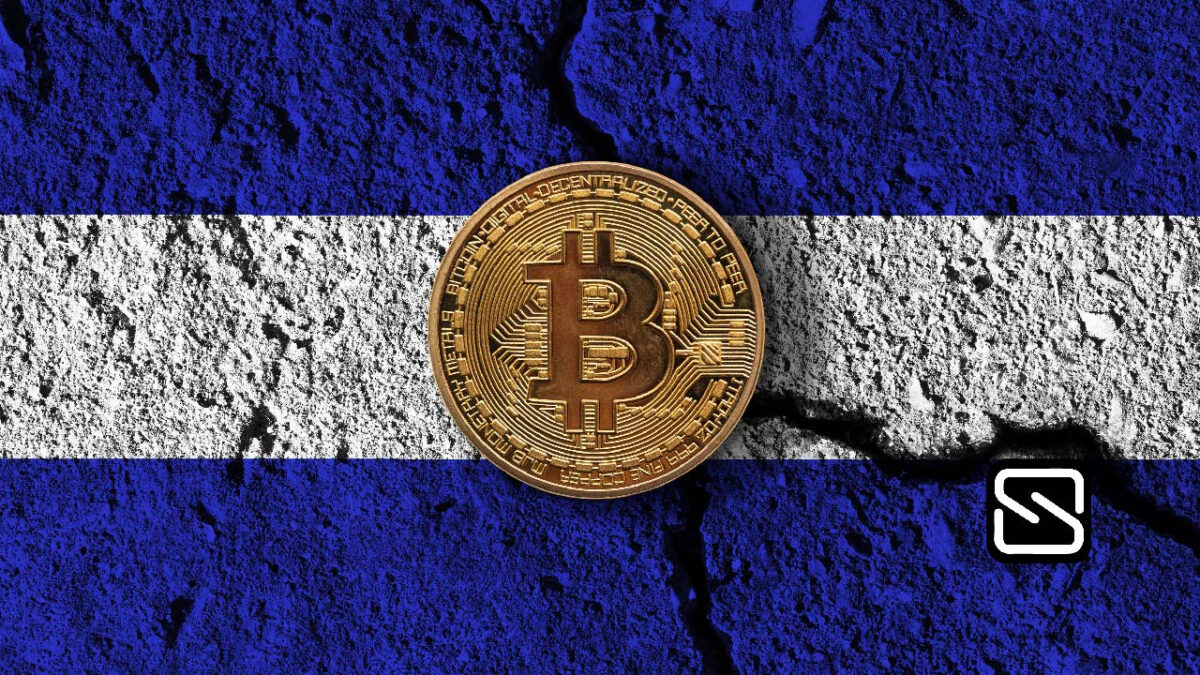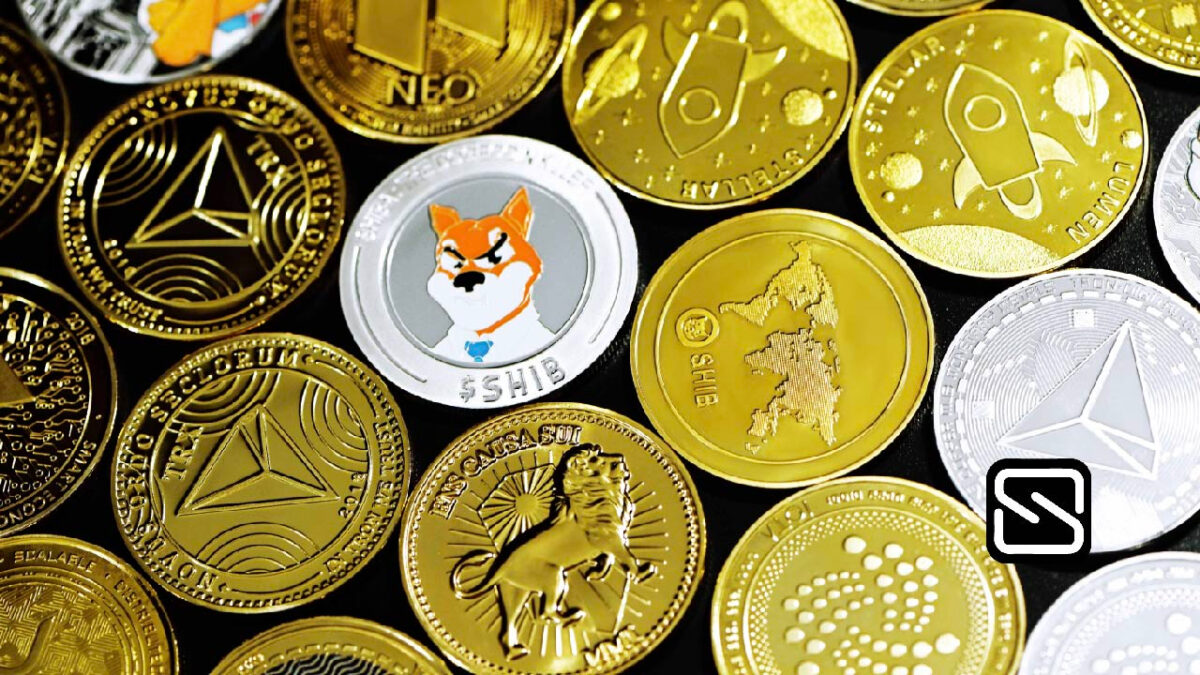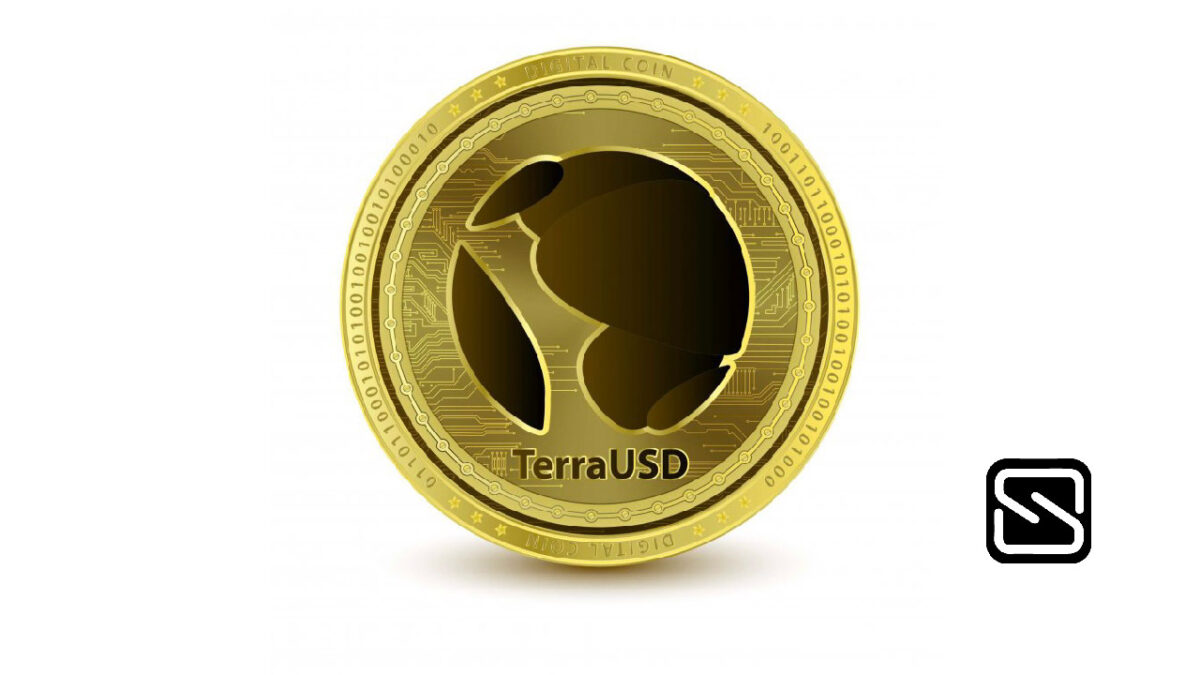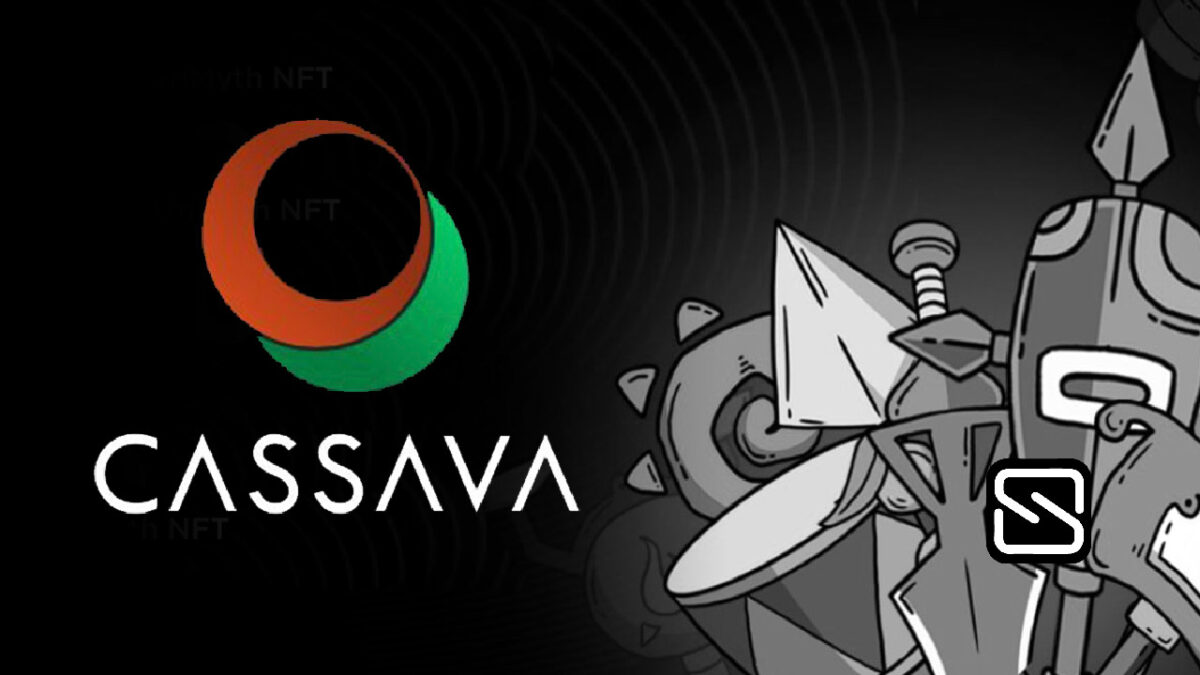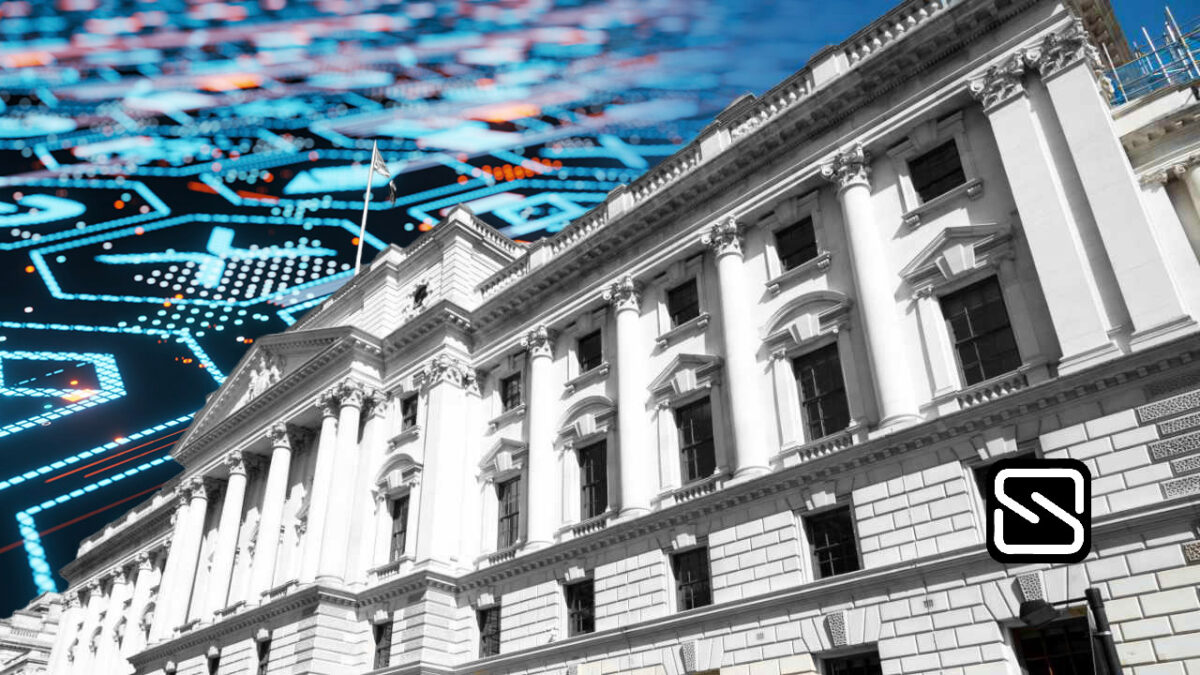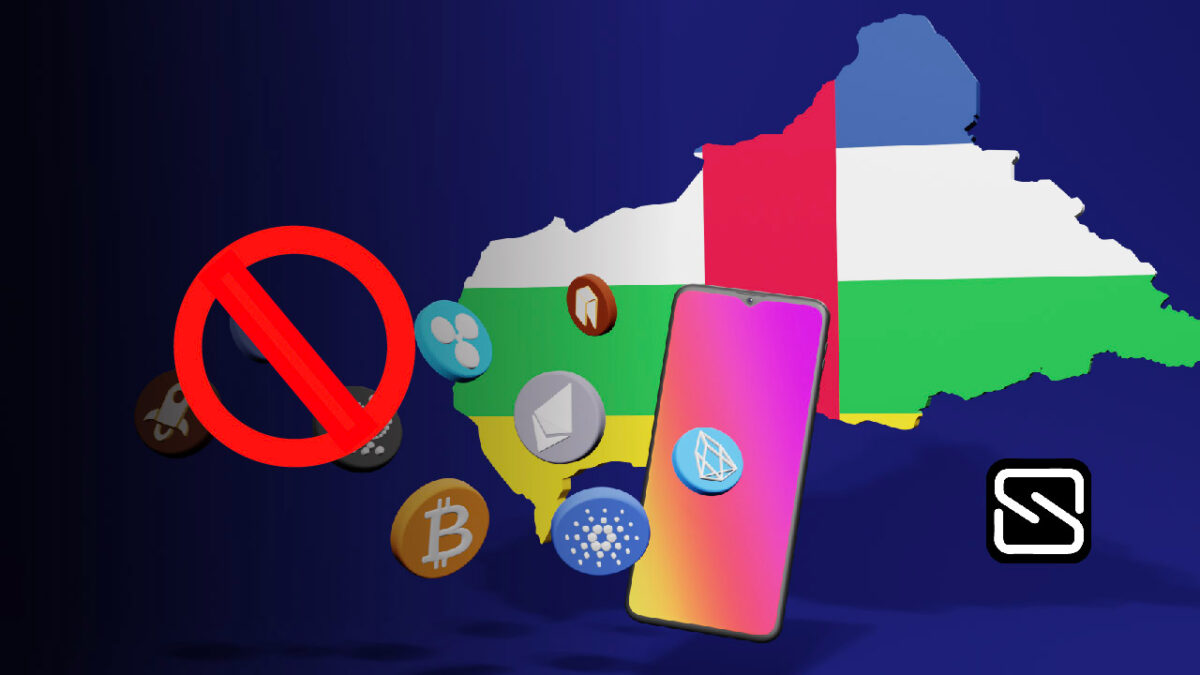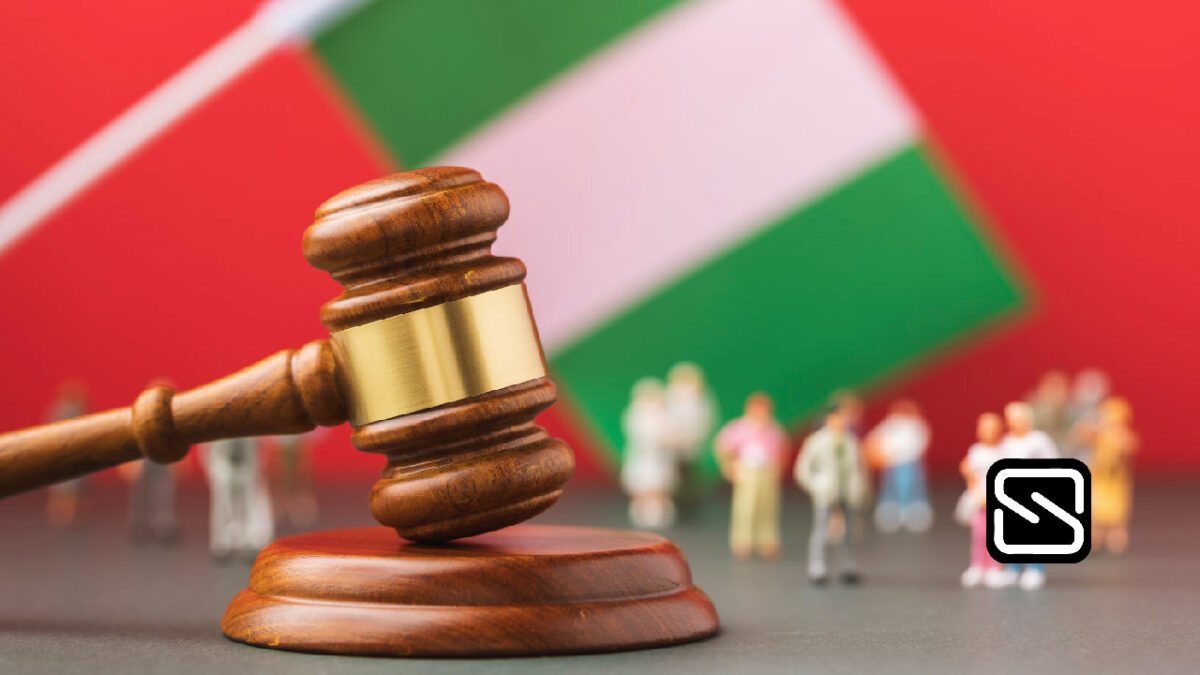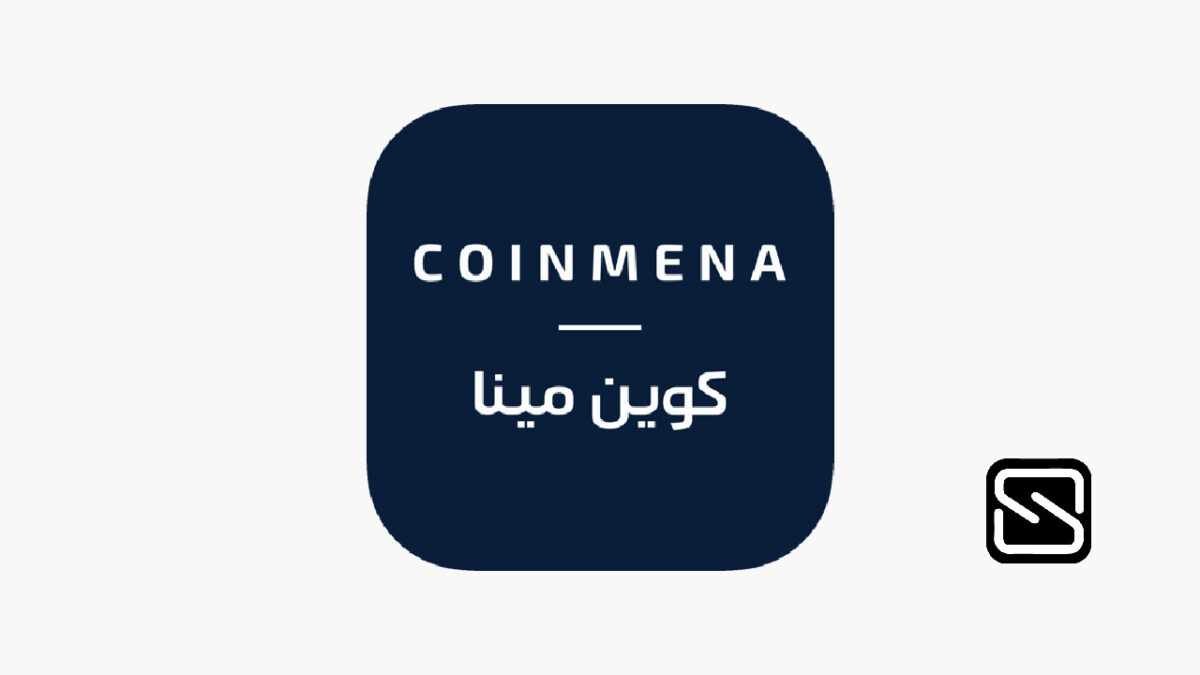El Salvador, the first country to adopt Bitcoin as state currency has invited 32 other countries and 12 financial institutions to discuss Bitcoin economics. President Nayib Bukele announced on Sunday that the 44 nations would meet yesterday to address financial inclusion, the digital economy, banking the unbanked, and the country’s Bitcoin rollout and benefits.
In subsequent tweets, the president announced that the Central Bank of Sao Tomé and Principe, the Central Bank of Paraguay, the National Bank of Angola, the Bank of Ghana, the Bank of Namibia, the Bank of Uganda, the Central Bank of the Republic of Guinea, the Central Bank of Madagascar, the Bank of the Republic of Haiti, and the Bank of the Republic of Burundi, as well as the Central Bank of Eswatini and its Ministry of Finance, have all suspended Bitcoin operations.
According to Bukele, the Rwandan National Bank, Nepal Rastra Bank, Kenya’s Sacco Societies Regulatory Authority (SASRA), the State Bank of Pakistan, Costa Rica’s General Superintendency of Financial Entities, Ecuador’s Superintendence of the Popular and Solidarity Economy, and El Salvador’s Central Bank will also all be present.
All these representatives from Asia, Europe, and Africa attended and after the discussion, Nayib Bukele tweeted;
This was to emphasize his joy because all these countries have accepted Bitcoin transactions even after the numerous warnings that El Salvador has received from the International Monetary Fund (IMF).
